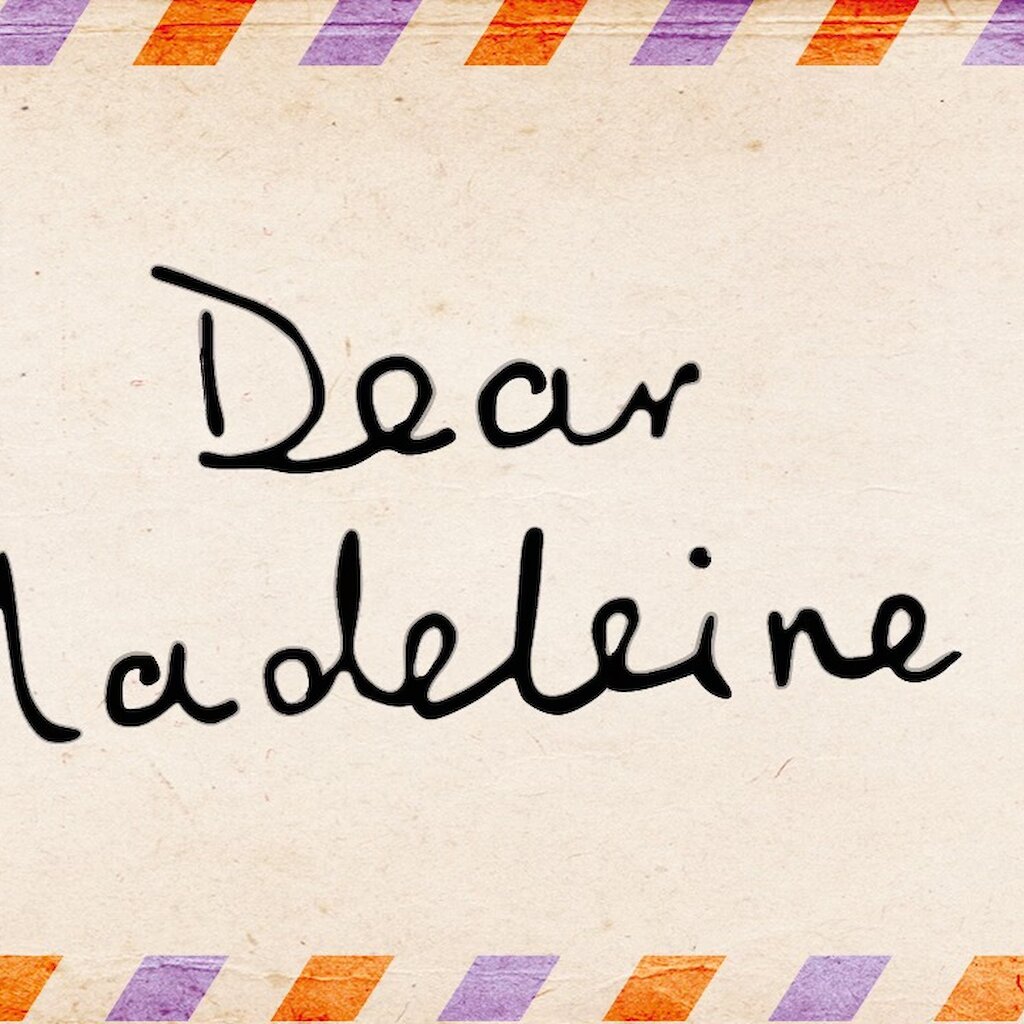Transcript of a presentation made by John Haswell (Drama Development Officer for Shetland Arts) at CULTURE DELIVERS, Shetland Community Planning Summit held on 6th November 2009 at Shetland Museum and Archives
Good Afternoon
I would like to start off with a bit of history.
25 years ago I was associate Artistic Director of 7:84 Theatre Company (Scotland) working alongside the late John McGrath and David Hayman.
At that time I (along with many others) believed that theatre would be at the forefront of changing the world.
Through our work (and through marching with banners) members of the company
- Campaigned against the poll tax
- Went on picket lines at during the Miners’ strike
- Opposed trade union legislation
- Were vociferous in our opposition to St Margaret of Finchley
The poll tax came and went.
The mining industry was decimated.
Trade union legislation was voted through.
Blessed Margaret went on and on and on…
So why mention all this ancient history today?
Because although the company stopped trading two years ago 7:84 did make a difference. It did not change the world – the arts cannot directly change the world - but it did change lives
Through the quality of some of the work, many people, both artists and audience were affected artistically, politically and socially; and the company has left a legacy of a realisation that socially aware theatre can be a quality experience (to quote the title of John McGrath’s book – ‘A Good Night Out’) if the material is of good quality.
So that is the basis of what I want to say today:-
The arts/theatre won’t change the world, but if it is a quality experience (and only if it is a quality experience) it can change lives, can make a difference, and those changed individuals, those differences, are instruments for change.
However, too often, at a time when there is (quite correctly) a great emphasis on partnership working and utilizing the arts as a tool for social change, I am not convinced that the message has got across that the arts agenda has to be paramount in an arts event rather than playing a subservient role to the social agenda – not so much among artists, but amongst those that we work with.
Pockets of funding are often available for using arts within social initiatives but the danger is the sound of boxes being ticked with limited real impact.
When I hear phrases like
‘Do a show about knife crime’
‘Do a show about sexual health’
‘Do a show about road safety’ -
Or recently, an offer to put in tenders/submissions to do a show about healthy eating among senior members of the community, I start to worry.
The arts won’t solve knife crime/unsafe sexual practices/road deaths/or unhealthy eating, although they might help; but only if everyone understands the importance of the artistic agenda – good art makes a difference by emotionally engaging the audience not by hitting them with blunt headline messages.
There are too many examples across the country of well meaning, sterile pieces of so called ‘issue based theatre’ that tick boxes but achieve nothing other than facilitate the next application for more funding to do yet more of the same.
Let me relate this to two pieces of work.
At the moment I am working/struggling/behind schedule with a piece of work.
This is a three way partnership between Shetland Arts, the Shetland Mental Health team and the Westside Players.
Why struggling?
For the very reasons outlined above – in order to have an impact this show, intended to celebrate and explore the role of carers in society, has to be a quality artistic experience not a superficial list of didactic statements.
One of the original ideas was to create a show called ‘Who Cares’.
This was to feature a group of carers having a social night and swapping experiences. The word ‘dull’ screamed through my mind Where’s the appeal?
The drama? The humour? The conflict? Where’s the opportunity to engage the wider audience rather than just those with a vested interest.? What is there here to justify an artistic event rather than a meeting?
At an initial meeting held with a group of carers, one person said that they wanted this show to ‘make a difference’.
How could a well meaning but sterile, naval gazing piece make a difference?
The impact has to come from presenting an accessible, dynamic piece of theatre that stands up as a piece of art with those who are not carers, are not directly involved with mental health i.e. those who we want to communicate with.
It needs an engaging story, interesting characters and a life beyond ‘the issue’.
So the piece is a work in progress; the working title is still ‘Who Cares’ but this will change. Now the show is centred around a birthday celebration in a bar.
We see different characters, different personalities (and personalities changing through drink – another theme here). We are not limited to just carers. One character is a carer, who inevitably has an agenda, but this is an agenda among other agendas. It is not ghettoised.
And there is humanity.
A true story; a carer told me that a friend had said how shocked they were to hear some children describe his wife (who suffers from dementia) as’ a freaky witch’ – and how he had also shocked this person by saying he described her as’ a zombie, the living dead’. He smiled as he told me. He spoke with love but also with a dark humour, a way of coping.
So this will not be a show about mental health issues or carers. It will be a show about people. It will address issues concerning carers but will not be limited by it. The human condition cannot be limited by one issue. To be limited in outlook limits the potential impact.
As they say…watch this space.
As you launch the Cultural Strategy today, I am also proud to launch a project as you can see in today’s Shetland Times.
Two years ago tomorrow, Stuart Henderson and Marcus McPherson were killed in a road accident. Stuart was just 18.
At Stuart’s funeral a collection was held for Shetland Youth Theatre, an organization that Stuart had been very passionate about and one that had made a difference to his life.
I was keen that this money did not just disappear into the ongoing programme of the company, so now, on the second anniversary of this tragic event, I am pleased to announce that in partnership with ‘Slow for Stuart’, the campaign instigated by Stuart’s family, there will be a community production that both celebrates the life and creativity of this young man, but also addresses themes relevant to the campaign.
But here’s the rub. Without a strong artistic and creative framework, the production will be a failure. Already there are plans to take the idea of promenade theatre to the extreme and take an audience literally on a journey, either in cars or by bus. During this journey there will be various scenarios/events at various locations and a large scale dramatised event to conclude the piece. What is missing at the moment is the artistic core, the emotional hook, the story. If the content is all overtly related to road safety issues the result would be crass and insensitive. It would also be counter-productive. To hammer a message home will not do. This approach might allow us to say that we are making a difference but this would not be true. A strong piece with an artistic integrity, which engages the emotions of an audience who may have no direct connection with Stuart is what is required. If this deals with relevant themes (rather than crude depiction of ‘issues’) then there is the potential for changing attitudes. This has to come from an individual volition, individuals stimulated to think by the material, not from being told what they should do.
This will be a large scale community production developed over a period of time. If we truly exploit the artistic agenda and make it a memorable event for all concerned, it could have an effect on the community we serve. That would be a fitting tribute to a special young man.
In conclusion - As we launch the Cultural Strategy (an important and valuable document) and as we continue to address the role of the arts in a social and educational context:
We must not forget the arts agenda,
We must not forget artistic excellence.
Excellent art can change lives.
Bad art changes nothing.
If we treat art as:
Pictures on a fag packet
A tombstone with the word ‘AIDS’ engraved on it
A poster on alcohol units displayed in a pub
the effect will be the same – minimal at the best, indifference and ridicule at the worst.
Bad art is a wasted opportunity and a waste of valuable resources.
Working with young people I know that headline messages have a limited impact. I know young people can nod their heads, make the right noises and then ignore what we think we have taught them.
If we want to make difference we need emotional engagement. We need high quality artistic experiences. And we can make a difference because on an individual level that is what good art does.
If we rely on well intentioned, two dimensional, emotionally superficial work, we underestimate our audience and will achieve nothing. Worse than that, we paint a negative picture of the arts and damage their potential.
But if we embrace the artistic agenda, develop the artistic experience, worry more about quality than quantity, we can affect individuals. We won’t change the world but we can change lives.
My days of changing the world are over but I still try to have an impact on individuals, through both participating in events and watching them.
This won’t be achieved through ticking boxes but I believe that by always working towards providing the highest artistic experience, it can be achieved.
Thank you.



